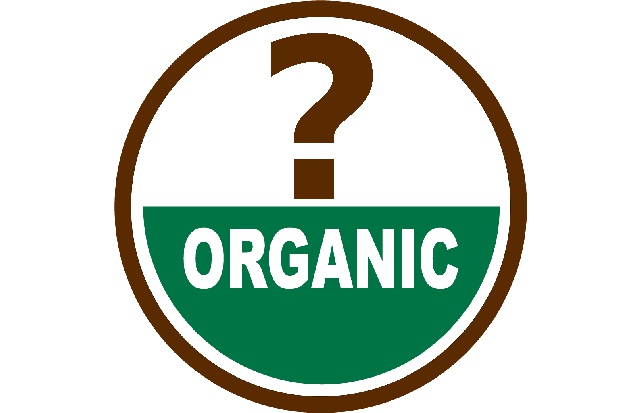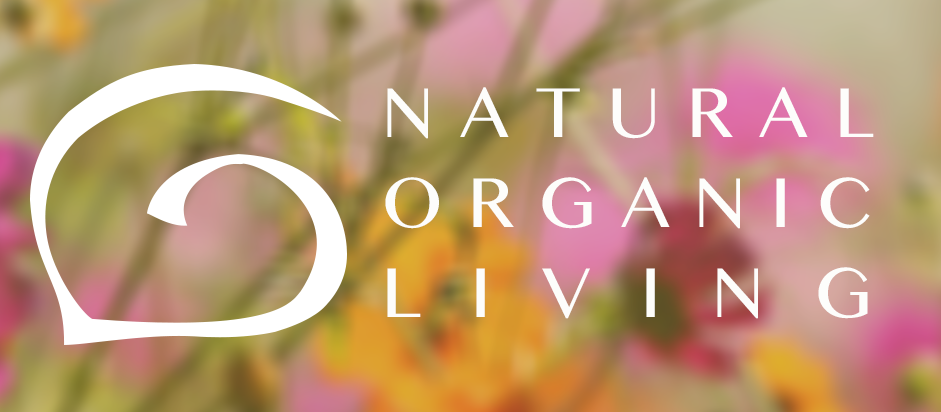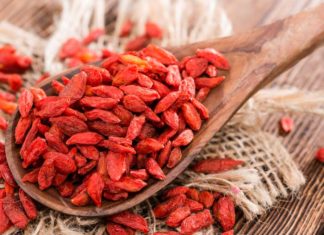
Organics is not just “chemical free”. It is the holistic means or whole systems of growing and handling food. Let’s learn what the Australia standard with organic food is by reading on below.
-
What is organic food?
Organic food refers to food items that have produced through approved methods. It is said that organic food is non-pesticides and chemical fertilisers. What this means is organic food production does not involve the use of chemical pesticides, chemical fertilisers, or chemical preservatives.

Organic food is the leading trend of consumers
-
Organic standards

Organic standards are sets of requirements that describe what products can be considered organic
Organic food is considered premium in the consumer point of view; many do not understand the difference between organic food products and conventional products by looking at them before purchasing, there will be the temptation to pass off non-organic products as the same as organic. In protecting consumers and reputable organic producers alike, it is essential to have an environment in which such misleading behaviour rectified. For this reason, there needs to be a definition of ‘organic’. Such a specific definition is called an ‘organic standard’.
Organic standards, in general, are rules about how organic food products are produced (standards for the process of production), or about the condition of final products. In the case of organic agriculture, standards are about the farm management system and therefore process standards. Because of this, it is not sufficient to test the product in a laboratory, but the whole farm system needs to be checked and certified.
The organic standards are the best description of the specific requirements that must be verified by the ADAWR (Australian Department of Agriculture and Water Resources) -accredited certifying agent before organic food can be labelled organic. Here are organic standards for your reference:
- Farming: Improving the quality of the soil is the basis for organic food. The farm’s soil must be free for prohibited substances for a minimum of three years before harvesting crops that will be labelled as organic. The organic requirements encourage farmers to improve soil fertility and rotate crops to increase crop yields and disease resistance naturally.
- Harvesting: Organic crops are picked, cut, and then cleaned in the field. To ensure the quality, certifying these operations through records and inspections evaluation is necessary. All equipment used for processing and harvesting must be cleaned and disinfected according to organic food
- Packaging: Packaging may occur whenever a product is cleaned, canned or bagged, and given a name, product label, or an identification number, such as a barcode sticker or a UPC. Depending on records evaluation and inspection, organic food will be verified to ensure organic integrity has been preserved through the packaging process.
- Processing: Organic crops can be combined further with other organic crops or spices to process. To make sure the organic integrity of all products has been maintained, an ADAWR-accredited certifying agent must inspect these operations to verify that they are operating according to the organic
- Labelling: Labeling is a significant factor in organic food. How agricultural products have been processed, handled, and combined with other ingredients will determine their organic labels. The ADAWR(Australian department of agriculture and Water Resources) categorises food products into the following sections:
- 100% organic: Products are produced by using exclusively organic methods, containing entire organic ingredients which are allowed to carry a label declaring “100% organic”.
- Organic: Organic food must contain at least 95% organic materials will be sealed as “organic”.
- Made of organic ingredients: Must contain with 70% -94% organic
- Non-organic: The products may contain less than 70% organic ingredients.
- Shipping: Products are shipping to distributors or retail stores. In ensuring ongoing organic integrity, products must protect from contamination by non-organic products. Before loading and unloading, trucks are also verified for shipping practices which maintain the integrity, such as the prevention of commingling of organic and non-organic products and impermeable packaging.
- Distribution: Products are compiled from farms, processors, or other distributors to one central location to distribute products. If an organic food /produce is repacked, perhaps to smaller sizes, inspections are done to confirm that organic integrity are maintained.
- Retail: By selecting products that carry the organic seal or a certifier’s mark, consumers can rest assured that each step in that product’s organic supply chain meets the requirements.
Such standards serve some purposes as below:
- Advise to farmers what is allowed and not allowed to be applied or used in growing and producing organic food, as well as provide details about inputs allowed or disallowed;
- Prescribe to others in the food chain, such as transporters, processors, importers and exporters, which substances and processes are allowed in the pursuit of their activities;
- Indicate to consumers how organic products are produced;
- Allow legislators and regulators to facilitate compliance through regulation.
-
So why purchase certified organic products?

Understanding organic labels can help you make the best choices while you shop
It’s a great investment in Australia’s sustainable agricultural growth – which you can contribute!
Every time you buy certified organic food, it means that you are investing in the future of the country as well as protecting your family from any chemical that create adverse effects on people’s health. These products may also contain more minerals, enzymes, vitamins, and micronutrients than conventional food.
Every time you purchase certified organic food you are investing in the future of our country, and it’s hard working and its’farmland. For the well being of our tomorrow, we can not afford to not invest in, and we have the power in our own hands every single day of our lives to make this difference.
Besides, choosing certified organic products also means you are protecting the environment as The Australian Certified Organic Standard prohibits the use of synthetic agricultural chemicals including fungicides, pesticides, and herbicides.
When buying certified organic products, we can carry out to invest in, and we have the power in our own hands every single day of our lives to make this difference. No wonder this organic food industry is growing now at the rate that it is. People around the world are awakening to a realisation of what they have been missing out on for decades.
There is no doubt to conclude that organic food can save your health and preserve our environment. Well, if you have any question or would like to know more information about organic food, please visit our website at https://naturalorganicliving.com.au/.













